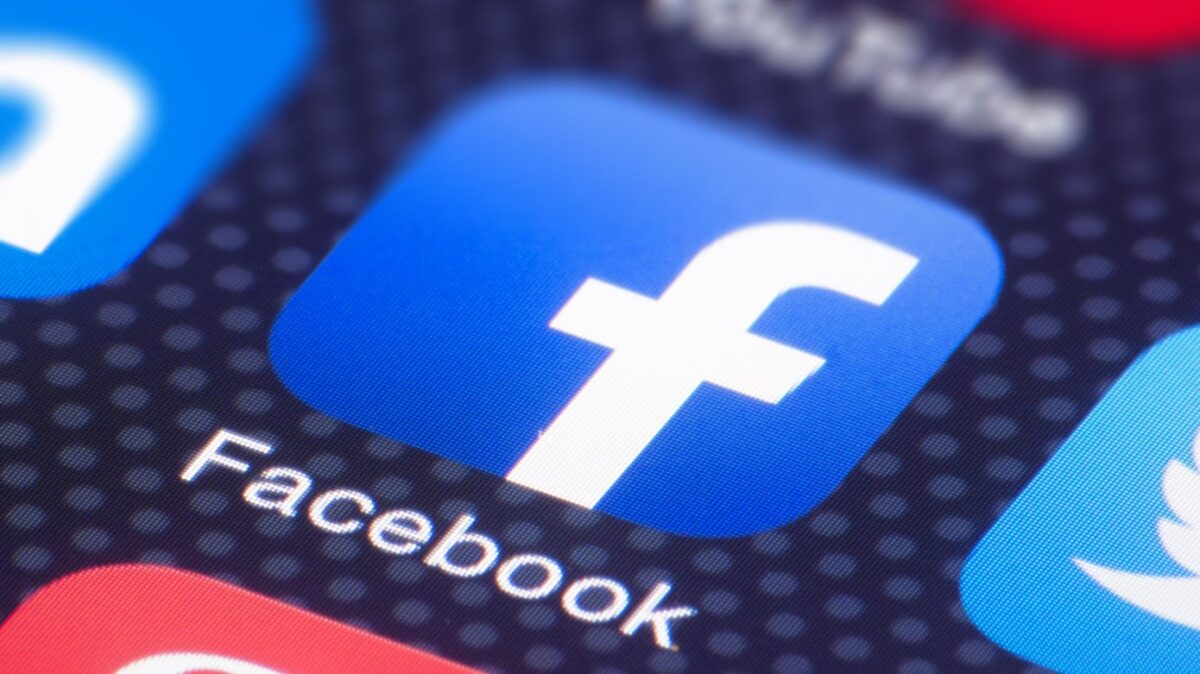By Guest Contributor: Ngan Chiem
At the start of the COVID-19 pandemic last year, the Vietnamese government began sabotaging the connectivity of local Facebook servers for 7 weeks. They wanted to pressure Facebook into removing anti-party content on its platform. To the alarm of international human rights agencies around the world, Facebook complied with the regime’s demands.
Following their controversial concession to the Vietnamese government, Facebook issued a statement positioning themselves as defenders of free speech against oppressive regimes.
“Millions of people in Vietnam use our services every day….We don’t always see eye to eye with governments on issues like speech and expression, including in Vietnam, but we work hard to defend this right around the world.”
This has been Facebook’s defense after complying with authoritarian censorship since 2015: concession to block a few to spare service for the rest.
By subtly invoking the qualities of a savior, Facebook shields itself from criticisms with all the good it has done.
The disingenuous defense distracts from the corporation’s amoral preservation of their profits, and instead attempts to portray the company as a champion of free speech, altruistically providing its services to Viet citizens in need. By subtly invoking the qualities of a savior, Facebook shields itself from criticisms with all the good it has done.
But while it is undeniable that Facebook has done enormous good for countries like Vietnam in providing a platform for independent journalism outside of the state-run media, it is also important to recognize that Facebook did not “give” Viet citizens the power of free speech, at least not for free.
In its ruthless global expansion, Facebook has accrued tremendous and monopolistic power over the lives of Viet citizens, a power it has mistreated.
As it has done with other developing nations around the world, Facebook capitalized on Vietnam’s underdeveloped online vacuum and set out to make its citizens reliant solely on its services.
In India, Facebook’s “Free Basics” program, which offered free but limited Internet to mobile Facebook users around the world, was blocked by regulators for its exclusive promotion of Facebook products and violation of net neutrality. Facebook then continued to launch Free Basics in other countries, including Vietnam.
Ellery Biddle, advocacy director of the nonprofit Global Voices, called the product a form of “digital colonialism” for using the promise of free internet to “turn the user into a mostly passive consumer of mostly western corporate content.”
Currently, 96% of Viet citizens access the internet on their phones, with 94% of users actively using Facebook. As a result, Facebook’s immense impact on the lives of its users can lead to devastating consequences.
Amnesty International documented the struggle of activist Bui Van Thuan, who was terminated by his employers after posting about police activity in a local land dispute. He was forced to supplement his work as a farmer, relying on Facebook to sell his agricultural products. Then his content was geo-blocked by Facebook so that Viet Facebook users could no longer see his post.
The ban destroyed his livelihood.
In its ruthless global expansion, Facebook has accrued tremendous and monopolistic power over the lives of Viet citizens, a power it has mistreated.
“My business has been fatally damaged. No one can see what I post and therefore I cannot sell anything,” Bui Van Thuan explained in an interview to Amnesty International.1“‘Let Us Breathe!’ Censorship and Criminalization of Online Expression in Viet Nam,” Amnesty International (2020): 36.
The human rights organization contacted Facebook about the ban in July 2020. In September, his account was quietly “restored without notification.”2“‘Let Us Breathe!’ Censorship and Criminalization of Online Expression in Viet Nam,” Amnesty International (2020): 36.
Bui Van Thuan’s case was not isolated. In its Jan – Jun 2020 Transparency Update, Facebook reported that it had mistakenly restricted access to 14 accounts and had since corrected these errors.
In all corners of the world, Facebook has finessed its way to the top of the social media ecosystem, preying on and engulfing competition wherever it can in the name of profit.
When the company’s response to authoritarian compliance is to highlight the vital services it provides to the country, it is important to remember how it got there, and what it cares about at the end of the day.
The reason why Facebook complied with the Viet government’s takedown requests last April was not because it feared other users’ internet access would be jeopardized; it was because failing to do so was starting to hurt its bottom line.
Facebook is not Vietnam’s savior; it is the country’s profiteer, and it should be held accountable as one.
Ngan Chiem is a journalist and a student at Princeton University.
Learn more about Reappropriate’s guest writing program and submit your work here.


